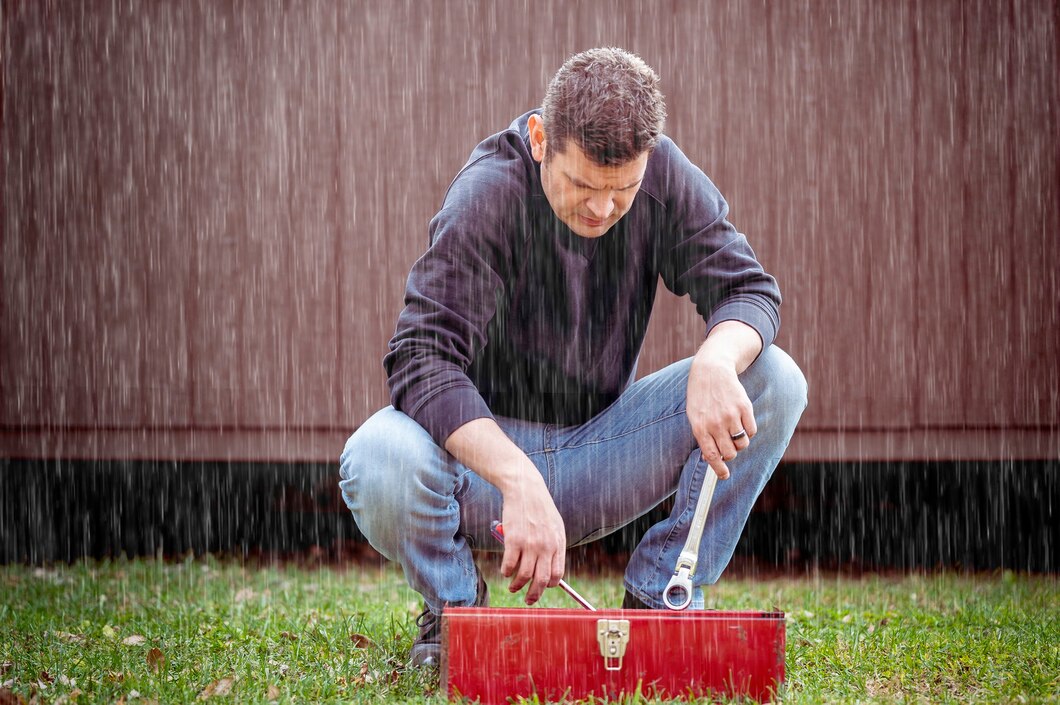133
Step-by-Step Guide to Building Your Own Seattle Rain Garden
Building a rain garden is a rewarding way to manage stormwater while beautifying your property. Here’s a step-by-step guide to help you get started:
- Choose a Location – Identify a low-lying area that collects runoff from your roof, driveway, or other impervious surfaces. Ensure it is at least 10 feet away from your home’s foundation.
- Test Your Soil – Perform a percolation test to check the drainage capacity of your soil. Sandy or loamy soil is ideal.
- Design Your Garden – Determine the size and shape of your rain garden based on the amount of runoff it will collect. The average size is between 100-300 square feet.
- Select Native Plants – Choose deep-rooted native plants and shrubs that thrive in wet conditions, such as sword ferns, Oregon grape, and redtwig dogwood.
- Dig and Amend the Soil – Excavate the garden area to a depth of 6-12 inches and mix in compost to improve absorption.
- Install a Berm and Overflow Path – Create a slight berm around the edges to contain water and establish an overflow path for excess rainwater.
- Plant and Mulch – Arrange your plants according to moisture needs and apply mulch to retain moisture and prevent weeds.
- Water and Maintain – Water the garden during the first growing season until plants are established. Perform occasional maintenance such as weeding and mulching.
A well-designed rain garden not only enhances your landscape but also contributes to Seattle’s sustainability efforts.
